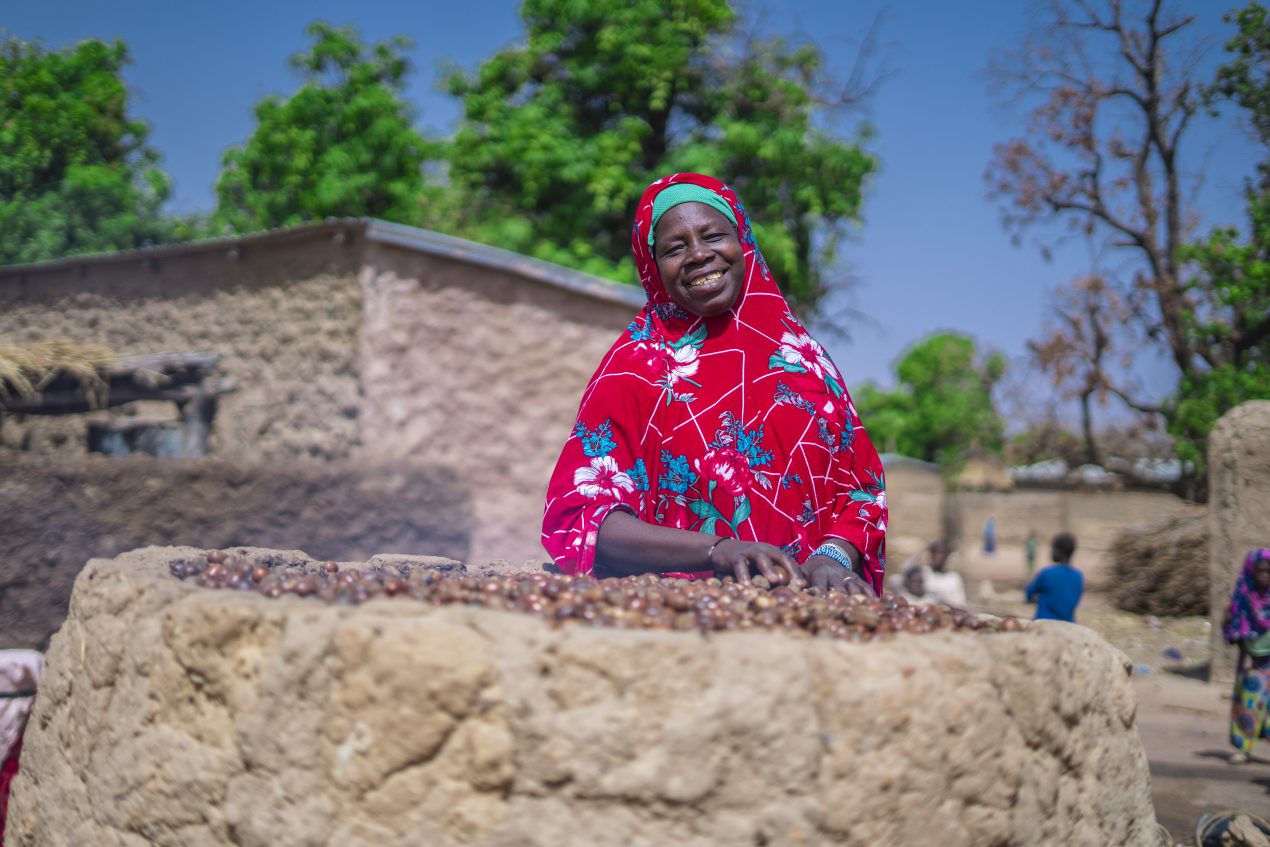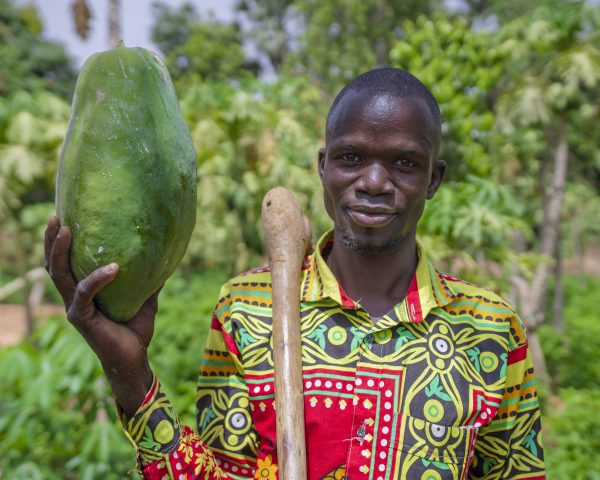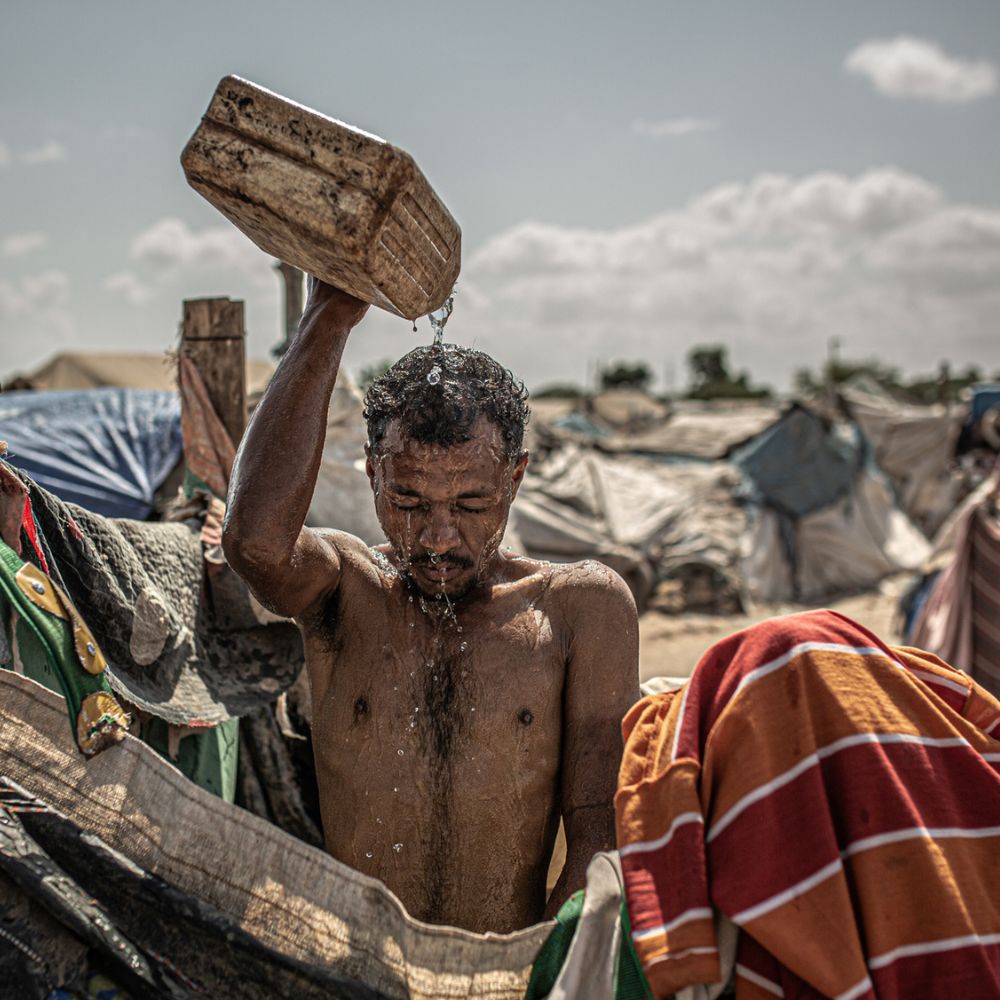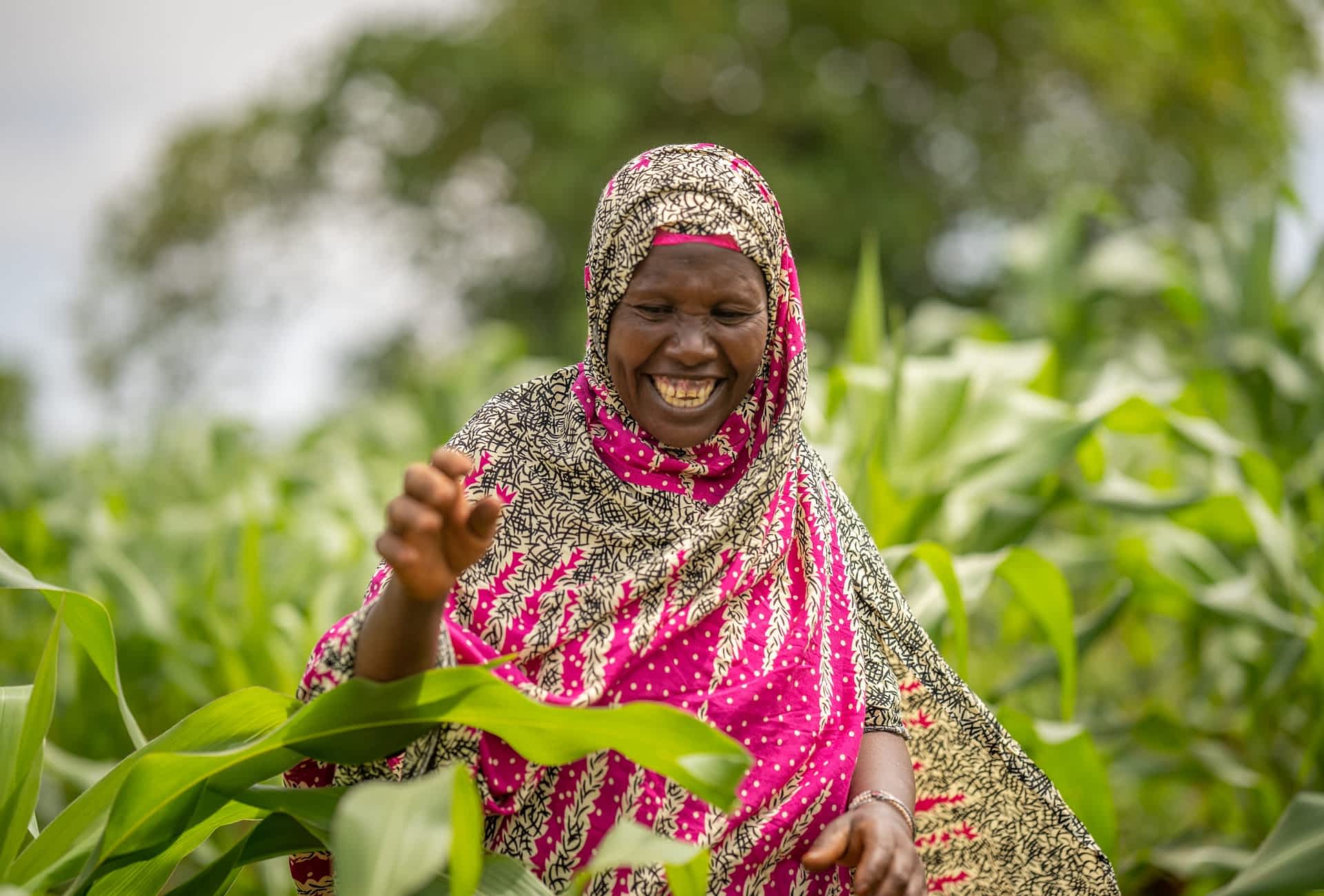Our work in Mali
Oxfam Denmark supports vulnerable communities in Mali through peacebuilding efforts that strengthen their resilience to crises and empower, in particular, women and youth to claim and exercise their social, political, and economic rights.

Photo: Diafara Traoré/Oxfam
50 agricultural cooperatives
are strengthened in their adaptive capacity to climate change risks
60 community-committees
were supported to lead conflict transformation initiatives
15.000 people
have been provided with life-saving humanitarian assistance
3600 young women and men
have benefitted from accelerated learning
Mali remains gripped by a deep and complex crisis marked by violence, insecurity, political and socio-economic instability, and the absence of basic social services — with severe human and humanitarian consequences for children, young people, women, and men.
By February 2022, more than 360,000 people were internally displaced across the country, 55% of them women. Over one-third of the population is in need of humanitarian assistance.
Building Resilience and Providing Life-Saving Support in Mali
Oxfam Denmark provides life-saving support in the Mopti region through cash and voucher transfers to help families meet urgent needs during the lean season and to respond to the ongoing food crisis. We supply agricultural inputs such as seeds and tools, paired with training in sustainable agricultural techniques to boost production, diversify livelihoods, and strengthen long-term resilience.
We also work to secure access to safe water by strengthening local water management and maintenance systems. This includes building the capacity of water point management committees, training local repair technicians, and constructing or rehabilitating water points to serve the communities most in need.
Women are people in their own right. Man sees them as competitors, but they have the same rights as boys, even though they often don’t know. There is also the weight of tradition. Traditionally, women are women only when they are in a home. I want to convince them that they have the right to claim their rights.
Mariam
Malian womens rights activist, journalist, poet and writer
Together with our partners, we support the establishment of resource centres that provide training for young people and women, with a strong focus on practical skills and the use of technologies that promote the green transition and strengthen resilience to climate change.
We also empower women, youth, and local communities to drive change themselves, participate fully in democratic processes, and engage actively in peacebuilding and conflict resolution. Our work includes initiatives that foster dialogue and reconciliation, particularly in relation to the access and management of natural resources, which is still one of the main sources of conflict in many of the areas where we operate.
Supporting Women’s Peacebuilding Efforts in Mali
Help us empower young and female peace activists to influence, participate in, and engage with ongoing peace processes.
Since 2012, violence and conflict have escalated in Mali, with devastating consequences for the lives of women and young people, who struggle daily for survival. In addition, social, traditional, and religious norms continue to hinder women’s participation in democracy and decision-making.
Our experience shows that peace agreements are 35% more likely to last when women are involved in peace negotiations.
Join us in giving women and youth activists in Mali a strong voice in peacebuilding, not only at the negotiating table, but at every level of the peace process.
Our goals in Mali
- To support marginalized and crisis-affected people, especially young people and women, to make their voices heard and build their capacity to meaningful participate and shape decision making processes that affect their lives, including in peacebuilding and humanitarian response.
- To support young people and women to strengthen their climate-sensitive skills through climate education and activism for climate justice and to strengthen adaptation and resilience to climate change.
- To strengthen water and sanitation infrastructure, as well as agricultural practices and improving hygiene practices protecting against infectious diseases.
- To support community-led natural resource management, as well as initiatives to protect the environment and promote peace and inclusive dialogue.

Support Us in the Fight for an Equal Future
You can help Oxfam Denmark’s work in Mali and other countries by becoming a regular supporter or making a one-time donation.
Facts about Mali
- Mali is a country in West Africa with a population of 21.9 million. It is a former French colony that gained its independence in 1959.
- Despite the signing of a national peace agreement in 2015, signed with armed groups in northern Mali, conflict and intra/inter-community violence is increasing and has spread to the center of Mali.
- Agriculture and mining make up the country’s main industries, while their biggest natural resources consist of gold, uranium and salt.
- The name Mali comes from the former Mali Empire and means ‘the place where the king lives.’

